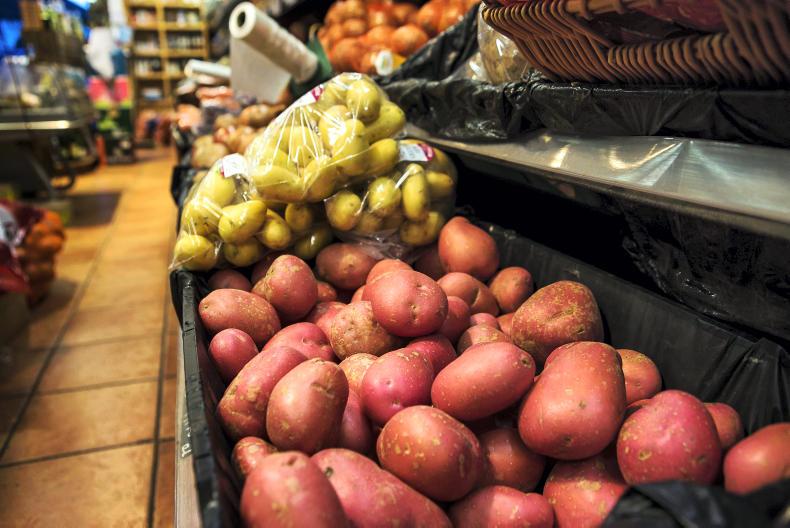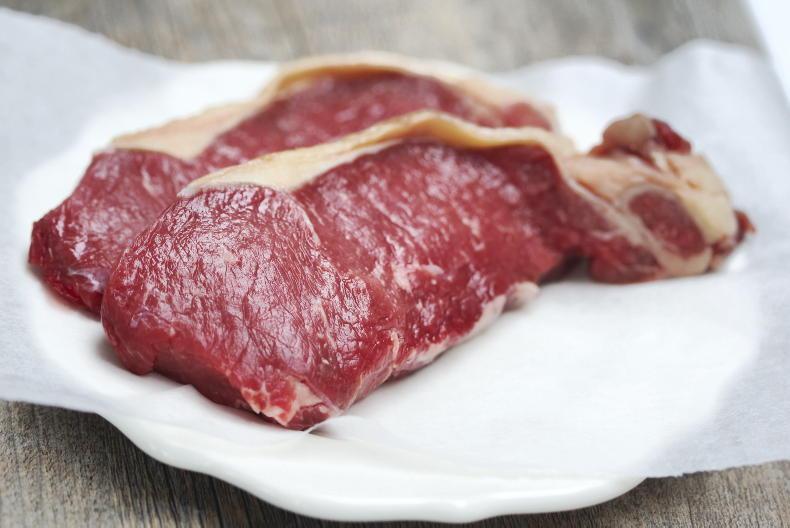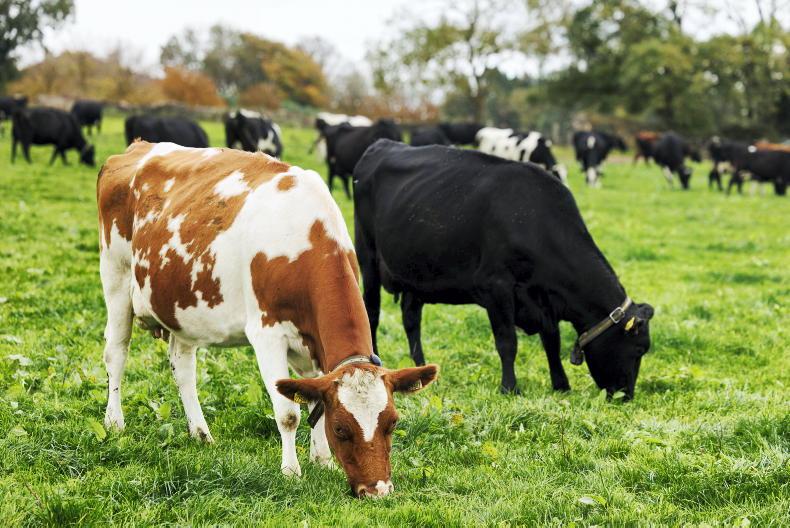The upshot of COVID-19 for the agri food sector is a new respect among consumers for food and food supply chains.
That was the take-home message from an Agricultural Science Association (ASA) online lecture in which Conor Mulvhill of Dairy Industry Ireland (DII) said the industry needed to capitalise on it and not let things slip back to normal.
Cormac Healy of Meat Industry Ireland (MII) said industry’s supply chains had been proven to be ones of substance. However, he warned it was important that they were not undermined and that the crisis could have a major bearing on discussions around the EU’s future budget for agriculture.
Food service
Food service was the area both Mulvihill and Healy identified as having been worst affected by the pandemic, with outlets closing across Europe and the wider globe.
Irish dairy and beef are heavily dependent on these markets for the sale of steaks and most dairy products, bar Kerrygold butter.
Approximately 30% to 35% of milk was forward-priced
Mulvhill said that the milk price was under significant pressure as the prices for skim powder and butter collapsed. He said cheddar had held steady until now due to the surge in retail demand.
He said if co-ops paid milk prices above what the market was returning it would destroy the business, making any recovery more difficult. He said it was a balancing act, as peak milk cheques approached and farmers had bills to pay.
Approximately 30% to 35% of milk was forward-priced he said.
Healy said that once markets reopened, every effort would be made to move into them. However, he said there would be competition with local supplies.
A greater reopening of quick-serve chains such as Supermac's and particularly McDonald's would also be a help for beef, he said.
Horticulture
On the horticulture front, Barbara Keatley of Total Produce said Irish growers were set up for wave one of harvest, which focuses mainly on berries.
However, she identified there could be issues with wave two, focused on field vegetables, as it was difficult to secure staff.
She did not think there would be produce left unharvested in fields, saying if the worst came to the worst, it could be sold loose rather than prepacked if packing staff could not be secured.
Keatley said there had been a change in consumer habits as people went back to cooking from scratch and buying for a week or more at a time.










SHARING OPTIONS